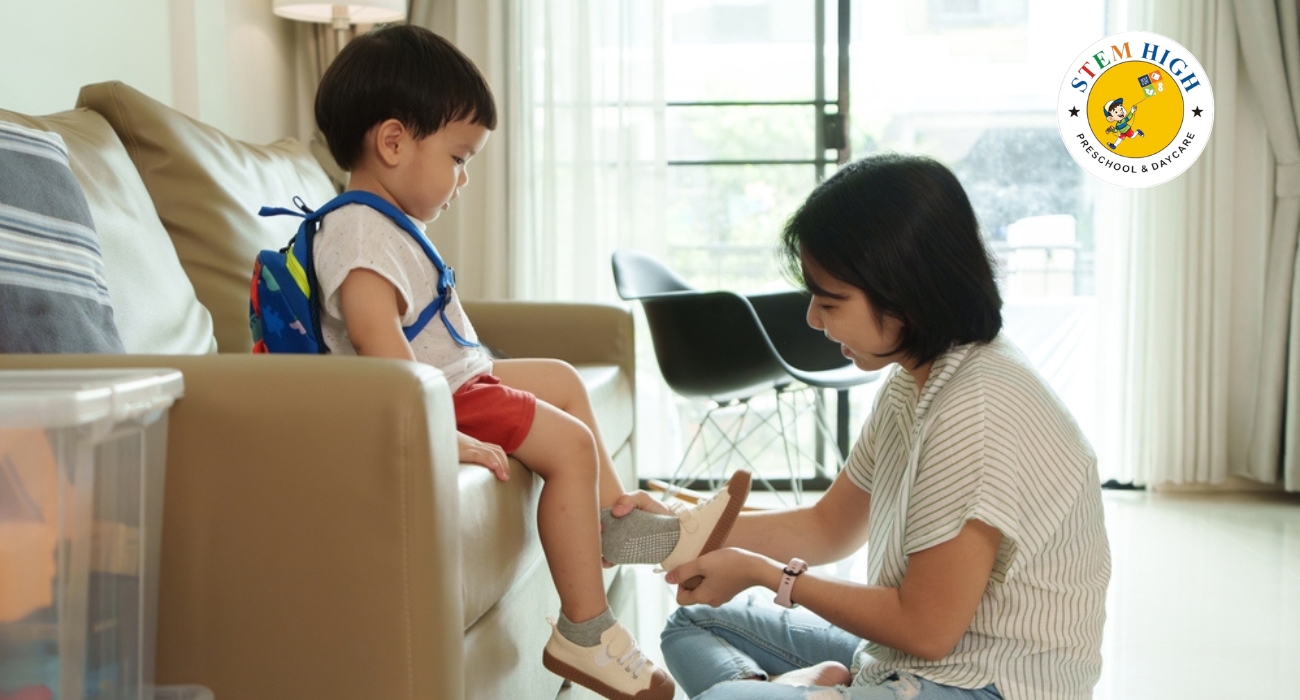STEM HIGH PreSchool
Get In Touch
Monday to Friday: 09:00am – 07:00pm
Sunday: Close
Email:stemhighpreschool@gmail.com
Phone:+91 8050125666
Monday to Friday: 09:00am – 07:00pm
Sunday: Close
Email:stemhighpreschool@gmail.com
Phone:+91 8050125666

Routines play a critical role in the lives of preschool children. They provide structure, predictability, and a sense of security that is essential for their development. At an early age, children are rapidly growing both physically and cognitively, and having a consistent routine helps them navigate this period of change with confidence. In this blog, we will explore the numerous benefits of routine for preschool children, how to create effective routines, and the ways in which routines support different aspects of a child’s development.
Preschools operate on structured routines that are designed to meet the developmental needs of young children. A typical preschool day includes a variety of activities such as circle time, snack time, storytime, outdoor play, and arts and crafts. Each of these activities is scheduled at consistent times, allowing children to anticipate what’s next. This predictability reduces anxiety and promotes a calm, organized learning environment.
The importance of routine for preschool children cannot be overstated. Routines provide security, support emotional regulation, promote independence, and enhance cognitive, social, and physical development. By establishing consistent and engaging routines, both at home and in preschool settings, we can give children the foundation they need to thrive during these formative years. A well-structured routine doesn’t just help children navigate their day—it builds the skills they need for future success, all while fostering a sense of comfort and stability in their world.